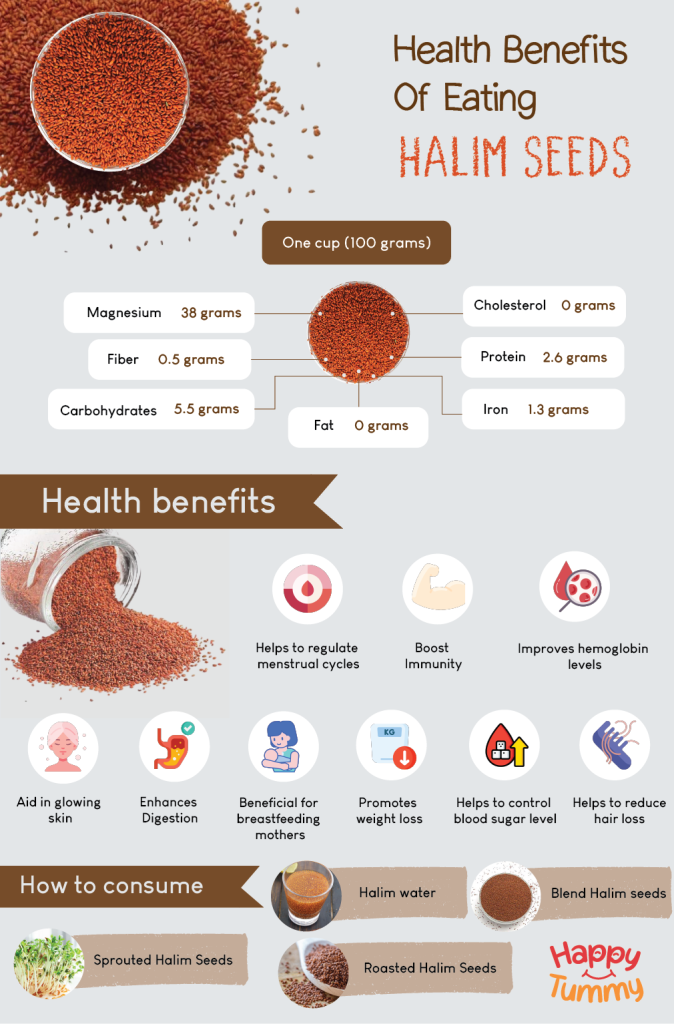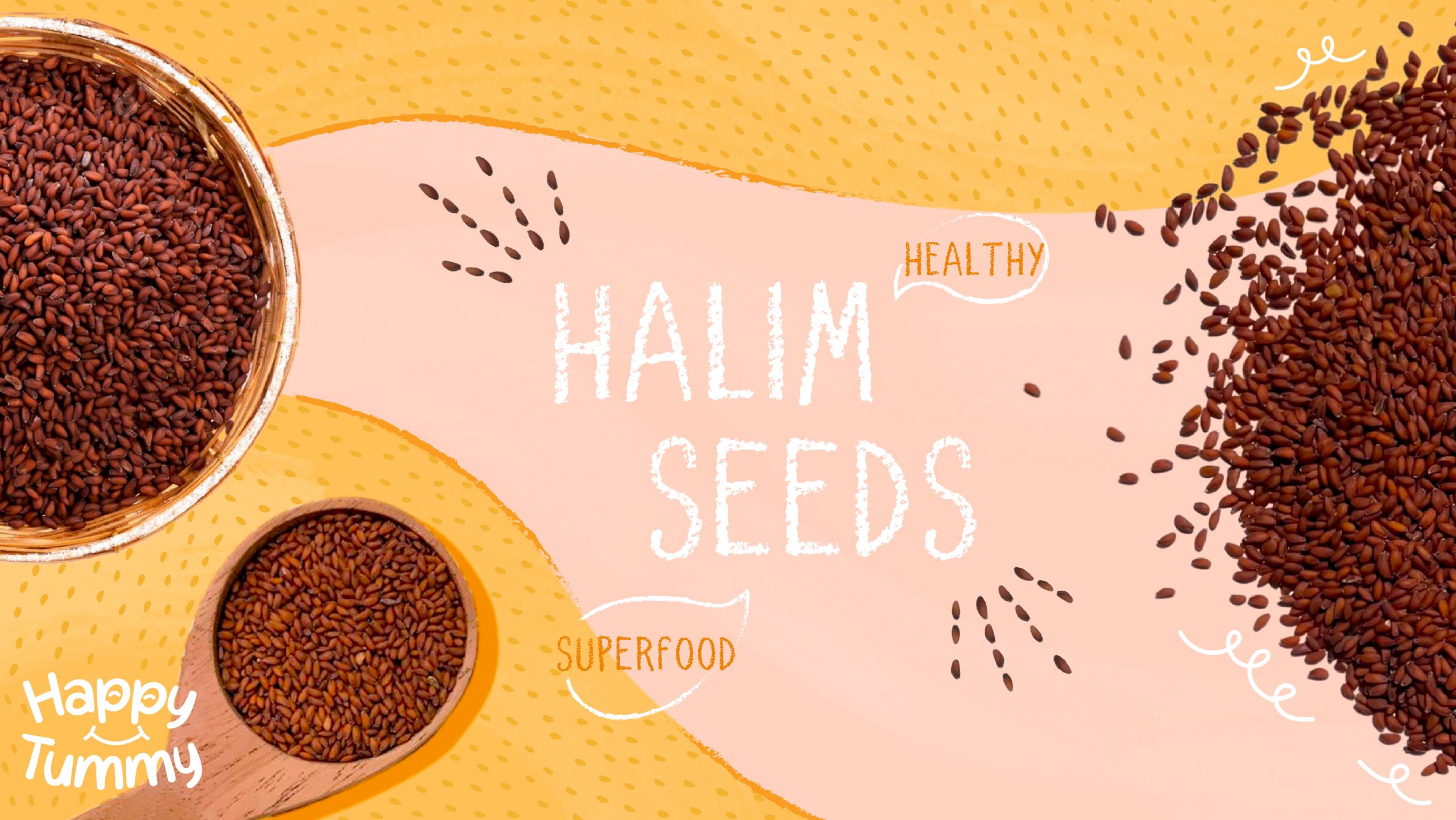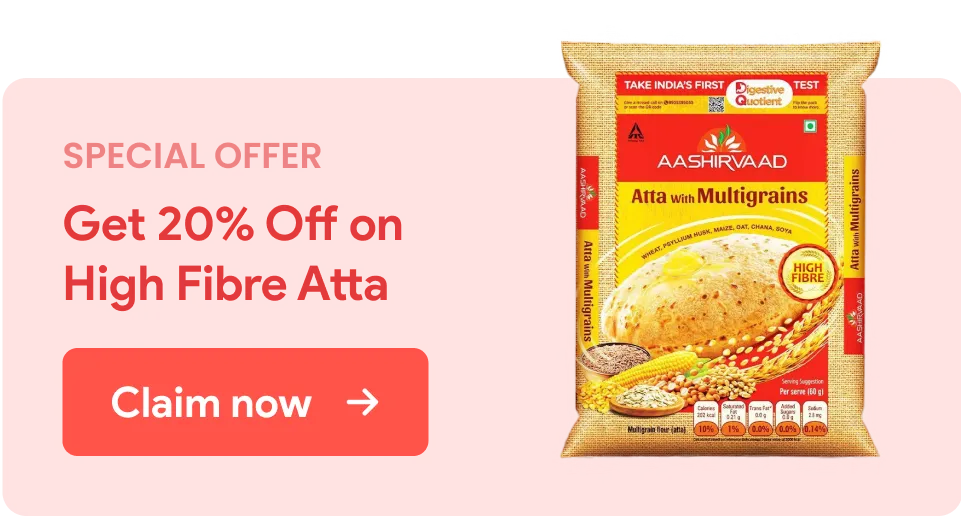Table of Contents
There are decent options available for superfoods— from various nuts to herbs and seeds – Halim seeds.
People are completely in love with the little, nutrient-dense foods that are becoming quite popular around the world, like chia seeds, pumpkin seeds, and flax seeds.
These nutrient-dense Halim seeds are another tiny nutritional gem often overlooked in favor of superfoods like chia and flax seeds. In English, these miraculous foods are also referred to as aliv seeds or garden cress seeds.
Halim seeds are a fast-growing culinary herb (an herb that is used for cooking) that does best in small pots or the wild around lakes and ponds. They taste pungent and have a spicy scent similar to mustard and watercress (a type of plant).
Originally from South West Asia, garden cress was introduced to Western Europe centuries ago.
Commercial cultivation of it is practiced in several European nations, including Great Britain, France, Italy, Germany, India, Syria, and Greece.
It is grown chiefly in the Indian states of Uttar Pradesh, Rajasthan, Gujarat, Maharashtra, and Madhya Pradesh.
Sustainable Cultivation of Halim Seeds
This adaptive herb thrives in almost any environment, both indoors and outdoors; however, it does best in direct sunlight. Since cress needs moist soil, make sure to water it regularly. If you grow your garden cress, you get the benefits of the seeds and the leaves of the plant. Fortunately, growing it is not too difficult.
The plant organically self-seeds in the garden and multiplies. Harvest the young leaves for food, or allow them to blossom and harvest the seeds.
Additionally, if you harvest it in a way that will enable regrowth or replanting, you can further enhance its sustainability. Home cultivation also reduces the carbon footprint associated with transportation.
Overall, mindful cultivation practices make growing garden cress a sustainable choice.
When consumed, the following health perks of these tiny superfoods can work wonders:
Are Halim Seeds Nutritious?
Due to their high protein content, Halim seeds are classified as a superfood. The nutrients they contain outweigh their low-calorie count. One cup (100 grams) of raw Halim seeds contains
- Cholesterol: 0 grams
- Protein: 2.6 grams
- Iron: 1.3 grams
- Magnesium: 38 grams
- Fat: 0 grams
- Fiber: 0.5 grams
- Carbohydrates: 5.5 grams
This herb is natively free of fat and low in carbohydrates. Magnesium and iron are also present in reasonable quantities.
Health benefits of Halim seeds

1. Halim Seeds Boost Immunity
Halim seeds boost immunity as they are rich in folic acid, flavonoids, and vitamins C, A, and E. The immune system may be strengthened, and disease resistance may be increased by consuming foods high in vitamin C, like garden cress. Its antimicrobial properties help to prevent colds, fevers, and sore throats.
2. Halim Seeds for Gut Health and Digestion
Halim seeds’ high fiber content aids in controlling bowel motions and wards off constipation. It facilitates the stool’s transit through the intestines by giving it more volume.
Furthermore, Halim seeds improve gut health due to their mild laxative qualities. Halim seeds have carminative qualities that might ease gastric pain by reducing gas and bloating.
Soaking the seeds overnight and consuming them in the morning can help alleviate digestion discomfort and enhance gut health, giving you the Happy Tummy feel.
3. Halim Seeds help to Prevent Hair loss
Halim seeds aid in controlling hair loss. Nutritionists claim that combining Halim seeds with particularly warm milk and drinking the resulting mixture will benefit your hair.
4. Halim seeds benefit for periods – Regulates Menstrual Cycles
One technique to combat period-related problems is to consume Halim seeds. Hormone-impersonating phytochemicals found in Halim seeds aid in the management of irregular periods. Regulating hormones is a natural technique to normalize irregular menstrual periods. The ovulatory cycle must be monitored for women to plan pregnancies.
5. Beneficial For Breastfeeding Mothers
Halim seeds contain powerful galactagogue qualities, are high in protein and iron, and are, therefore, very advantageous for breastfeeding women. Galactagogues stimulate, nourish, and boost the mammary glands’ ability to produce breast milk. Thus, Halim seeds should be strongly urged to be consumed by nursing moms.
6. Aids in Glowing Skin – Aliv seeds benefits for skin
Halim gives off a radiant glow because it includes antioxidants and several essential elements for the skin. Frequent Halim seed consumption improves overall skin vitality by lowering inflammation, promoting a natural, healthy glow, and battling free radicals.
7. Halim Seeds Promote Weight Loss
The protein and fiber-rich Halim seeds make you feel fuller. So they help weight monitors avoid overeating and food pangs, two of their biggest obstacles. Because Halim seeds are protein-rich, these seeds encourage healthy weight loss while also assisting in maintaining your body’s muscular mass.Drinking Halim seeds with water before breakfast helps you maintain weight and prevents overeating.
8. Can People with Diabetes Eat Halim Seeds?
Halim seeds include phytochemicals that modulate the body’s glucose and sugar levels in people with diabetes. Halim seed is a fantastic bowel cleanser for diabetic people because of their high fiber content, which helps them relieve constipation.
9. Halim Seeds Improve Hemoglobin Levels
The high iron content of Halim seeds encourages the development of red blood cells and also helps to raise the body’s hemoglobin levels. They may be able to partially correct anemia in the long run.
Admittedly, Halim seeds contain 12 milligrams of iron in just a tablespoon. So, this is especially advantageous for people who are anemic, as regular use of Halim may eventually help manage the condition.
10. Can People with Diabetes Eat Halim Seeds?
Halim seeds include phytochemicals that modulate the body’s glucose and sugar levels in people with diabetes.
They are a fantastic bowel cleanser for diabetic people because of their high fiber content, which helps them relieve constipation.
11. Halim Seeds for Bone Health
These tiny seeds, rich in calcium, phosphorus, and magnesium, are vital for the growth and upkeep of strong bones.
Whereas phosphorus promotes the development of new bone, calcium is essential for bone density.
Magnesium also plays a part in bone metabolism and helps with calcium uptake. So, eating seeds daily will strengthen your bones and assist you in overcoming bone-related issues.
Cooking Hacks – How to consume Halim Seeds
Halim seeds can be incorporated into your daily life in various ways. You can fry, roast, or sip some water and swallow it.
- Halim water: Mix one spoonful of seeds in a glass of water, then store it overnight. Consume Halim water the following morning before breakfast for energy and contentment.
- Roasted Halim Seeds: Preheat a pan, then roast the seeds over medium heat. Avoid adding any oil while roasting. To prevent the seeds from burning, stir constantly. Take it off the flame when the seeds’ color gradually changes. Seeds should be cooled before being placed in an insulated box.
- Blend Halim seeds and black pepper, then add the mixture to your favorite toast or food.
- Texture Balance: After soaking, halim seeds take on a jelly consistency. Process or combine the soaking seeds into a gel-like paste if you like your recipes to have a smoother consistency. Use the seeds exactly as they are for a more textured experience.
- Quantity and Proportion: Pay attention to the amount and proportion when incorporating seeds into your dishes. To suit your taste, start with lesser amounts and then increase them. Excessive Halim seeds can give a dish a thick, gel-like consistency that some meals might not want.
- Versatility in Recipes: Halim seeds work well in a variety of recipes. Try incorporating them into various dishes, including salads, soups, puddings, energy balls, smoothies, and cereal or yogurt. They can give your food a mild taste or a nutty crunch.
- Sprouted Halim Seeds: After soaking the seeds in water for the night, scatter the seeds over the soggy ground. Shoots emerge in 3 to 5 days and grow for two days. These sprouts go well in gravies, stews, raitha, and snacks.
Halim Seeds Uses – Recipes
Now that you know the benefits, it’s time to get cooking! You can try these easy recipes to incorporate the health benefits into your daily diet:
1. Sharbat
To create a refreshing and nutritious Halim Drink, thoroughly wash the Halim seeds before soaking them in water for approximately two hours or until they transform into a gelatinous texture.
After soaking, blend the seeds with the soaking water until you achieve a smooth and thick consistency. Incorporate the second cup of water, lemon juice, honey, and a touch of salt.
Give everything a final blend to ensure all flavors are well combined. The resulting mixture can be gracefully poured over crushed ice in glasses, ready to be enjoyed as a revitalizing and healthful drink. This concoction not only offers a cooling sensation but also provides a dose of nutritional goodness.
2. Raita
Start by soaking Halim seeds until they swell, and then drain them. Next, whisk thick yogurt until smooth and creamy. Incorporate the softened seeds into the yogurt, adding a finely chopped cucumber for freshness and crunch.
Season it with roasted cumin powder, black salt, and a hint of red chili powder for a subtle kick. Garnish with chopped mint leaves for a refreshing aroma.
3. Ladoo
After draining the soaked halim seeds and setting them aside, blend dates into a sticky paste using a food processor. In a pan, gently heat ghee or coconut oil, adding the blended dates and cooking on low heat until they caramelize and release an enticing aroma.
Incorporate halim seeds, chopped nuts, cardamom powder, and desiccated coconut into the pan, mixing diligently until warmth courses through the medley. Once slightly cooled, shape the amalgamation into round energy bites, known as ladoos.
Allow these treats to cool fully before storing them in an airtight container. These nutritious and flavorful bites serve as delightful, healthful snacks, a testament to the versatility of Halim seeds.
4. Halim Seeds Salad
Begin by washing and soaking halim seeds until they swell. Once drained, combine them with fresh and vibrant vegetables such as cucumbers, tomatoes, bell peppers, and lettuce.
Toss in some finely chopped herbs like mint and cilantro for an added flavor. A drizzle of lemon juice and a sprinkle of salt and pepper can amplify the taste profile.
Side Effects of Halim Seeds
Although halim seeds are a great source of nutrients, it’s essential to be aware that they also include anti-nutrients like phytates and oxalates. The study’s results indicated that these substances might interfere with the absorption of iron and calcium, reducing their bioavailability[3].
So if you encounter any negative responses to Halim seeds, you should stop taking them instantly and contact your physician or Ayurvedic practitioner who prescribed them. They’ll be qualified to give you the right advice.
Precautions while taking Halim Seeds
If halim seeds are used in moderation, it is acceptable. Nonetheless, under the following circumstances, standard safety measures need to be taken[4]:
- Precautions for Pregnant and Breastfeeding Mothers: The above-ground portions of garden cress are frequently included in cuisine. However, there isn’t enough trustworthy data to determine whether using more significant doses of garden cress as medication while pregnant or nursing is safe. Remain cautious and adhere to meal amounts.
- Bleeding Disorders: Garden cress may impede blood coagulation and raise the risk of bleeding in people with bleeding disorders. This could worsen bleeding issues.
- Low potassium levels: Garden cress may cause the body to lose potassium, which could result in deficient potassium levels. If you are at risk for potassium shortage, use garden cress cautiously until further information is available.
- Surgery: Garden cress may help decrease blood sugar and slow blood clotting. This could have serious adverse effects and conflict with medications taken before, during, and after surgery. At least two weeks before a planned surgery, stop consuming garden cress.
Last word
Halim Seeds can benefit your body in various ways. With a boosted immune system, you can fight off those pesky bugs and enjoy life to the fullest. And if you’re aiming to manage your weight, Halim seeds are your new best friend. Plus, their digestion-boosting properties ensure a happy tummy. So, go ahead and snack on some Halim seeds.
FAQs
No, chia and Halim seeds are not the same. Chia seeds have a crisp, dense texture and a subtle, creamy flavor that goes well with sweet and savory foods. Halim seeds have a strong flavor and a spicy aroma resembling watercress and mustard.
Halim seeds are safe to consume daily. Consuming water infused with Halim seeds at least twice or three times every day for two months might help minimize the effects of anemia and raise your body’s hemoglobin levels.
Limit your intake to 1 teaspoon to 1 tablespoon per day, preferably three to four times a week, and take advantage of all the fantastic effects it provides.
Expectant mothers should not consume Halim seeds in any form. They can cause uterine contractions, which leads to sudden abortion.
Keep Halim seeds out of direct sunlight and in an airtight container in a cool, dry place. Storing them correctly keeps them from getting rotten and preserves their freshness. As indicated by the expiration date on the label, throw away any seeds that taste or smell bad.















